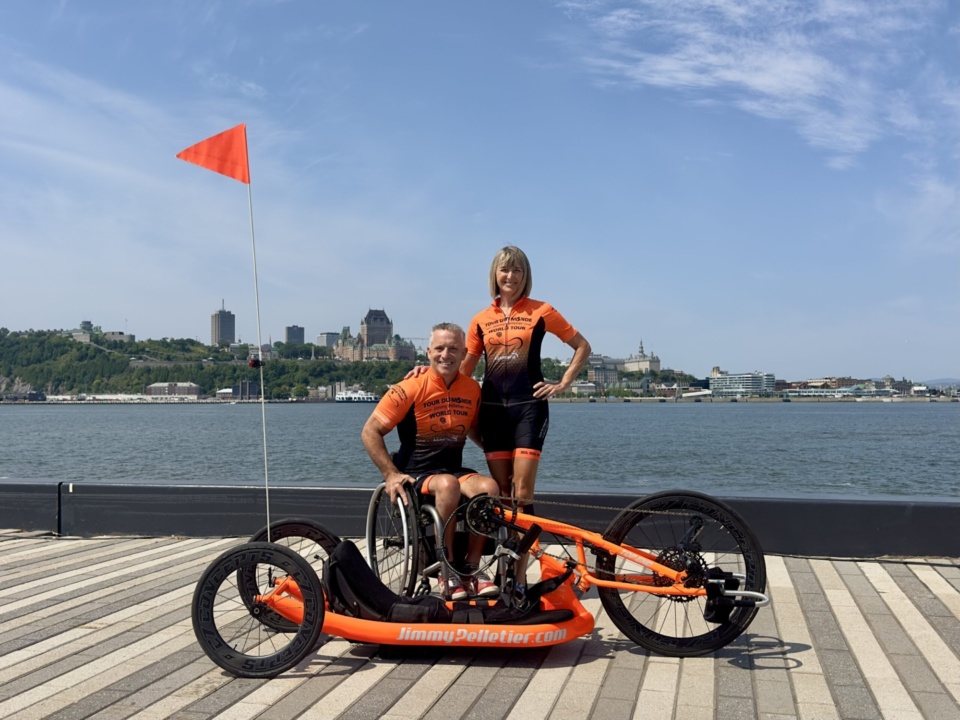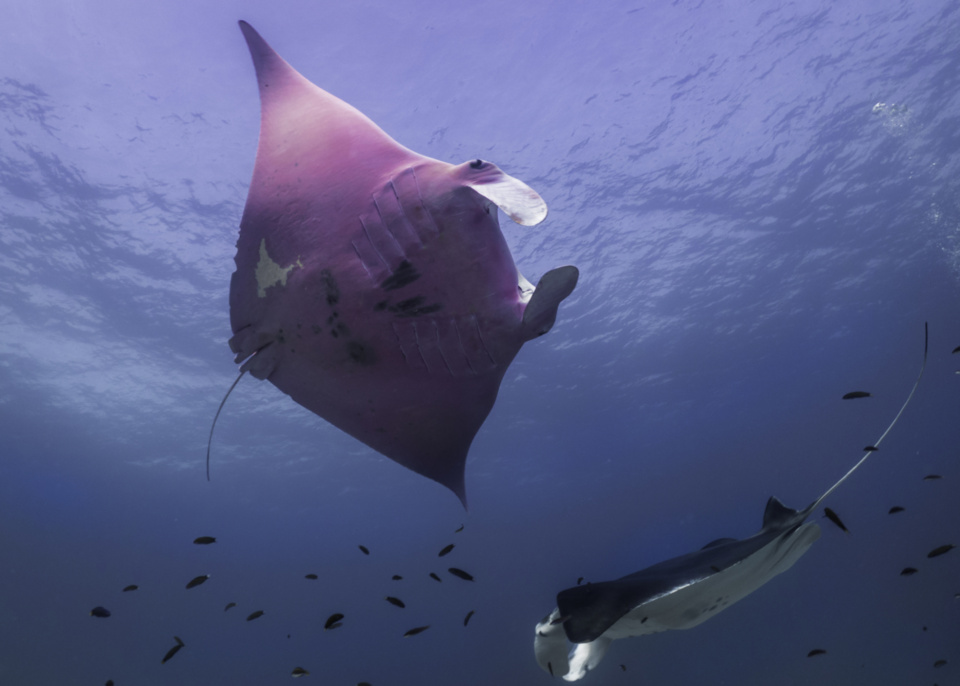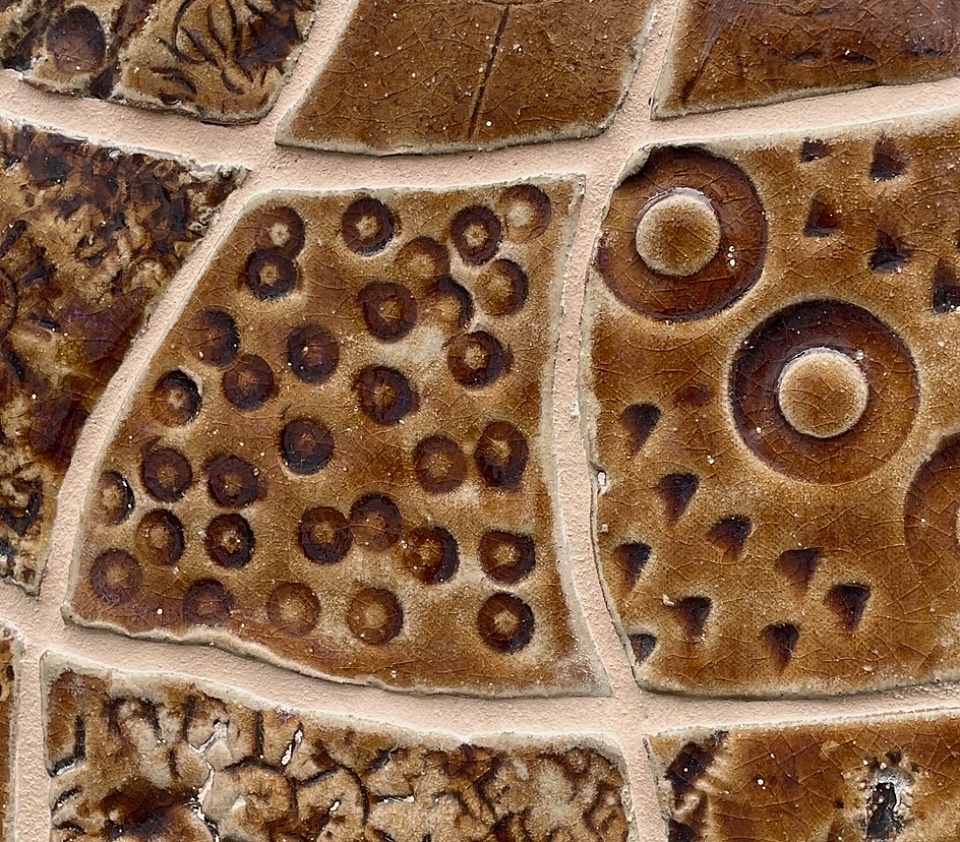
Slowing down and truly listening: Jahna Cedar’s approach to leadership
Posted on 18 Feb 2026
When Nyiyaparli woman Jahna Cedar travels to New York next month as part of the Australian…
Posted on 24 Jun 2025
By Greg Thom, journalist, Institute of Community Directors Australia

Combining science with compassion can help build a better world for pets and the people who love them, says Emeritus Professor Jacquie Rand, executive director and chief scientist at the Australian Pet Welfare Foundation.
I’ve been a veterinarian for five decades and was in private vet practice for the first eight years.
My academic career began in 1990 and was spent teaching internal medicine and researching diabetes. Later, I was asked to teach urban animal management, and shelter medicine research became a focus, in part because of an experience I had as a locum vet in a rural vet practice.
The practice had a contract with the local council, and every Friday I had to go down to the pound and euthanise the dogs that had not been reclaimed by owners. That left a lasting impact, and I still remember those dogs looking at me, some with trust, some with apprehension. They were all young and healthy, energetic dogs.
I was appointed professor of companion animal health at the University of Queensland in 2001, and later emeritus professor, after retiring from full-time academia in 2015.
Over the years, my focus shifted from individual pet health to systemic reform, driven by a deep concern about the number of healthy and treatable cats and dogs being euthanised in shelters and pounds.
That led me to the not-for-profit world, where I now lead the Australian Pet Welfare Foundation. Our work is rooted in research, but always with a practical goal: to save lives and create healthier, more compassionate communities for pets and people.
I helped establish the foundation in 2012, recognising a critical gap between research and practice in the animal welfare space. While many passionate people and organisations were working hard to save lives, there was a lack of robust data and scalable, evidence-based strategies.
We provide the research, pilot the programs, and advocate for policy change to reduce shelter intake, improve outcomes for pets, and support the people who love them. I became executive director and chief scientist in 2016 to focus on this mission full-time.
Our purpose is simple but powerful: building a better world for pets and the people who love them. We do this by combining science with compassion.
Through data-driven programs and research, we’re helping shift Australia’s approach to animal management from one of enforcement to one of assistance.
Whether it's desexing programs for community cats, advocating for more pet-friendly housing, or improving access to affordable vet care, everything we do is about keeping pets and people together and saving lives.

"Through data-driven programs and research, we’re helping shift Australia’s approach to animal management from one of enforcement to one of assistance."
Many people are surprised to learn that it's not untreatable illness or behaviour problems that lead to euthanasia, but rather systemic and social factors.
These include lack of access to affordable desexing or vet care, punitive animal management laws, and housing insecurity – particularly for renters with pets. For cats especially, outdated laws and policies fail to recognise the complex relationships people have with stray cats in their communities.
Nor does it recognise the impact of the mental health of vet teams having to euthanise healthy cats and kittens. At the very least it decreases their job satisfaction, and in many cases, it causes severe mental health decline, including suicidal thoughts and actions.
The tragedy is that these are solvable problems. With the right policies and support programs, we can dramatically reduce euthanasia rates – as we've already shown through our work.
The Community Cat Program has been a game-changer. In the City of Ipswich, we’ve desexed more than 4,200 cats, many of whom were strays being cared for by compassionate people. That means fewer unwanted litters, healthier cats, and less pressure on council pounds and shelters.
And the outcomes speak volumes:
Just as importantly, we’ve helped shift public attitudes.
By supporting the people who care for these cats – many of whom are doing so out of compassion – we’ve built stronger, kinder communities. It’s a model that works, and it’s one we hope to see adopted nationwide.

Posted on 18 Feb 2026
When Nyiyaparli woman Jahna Cedar travels to New York next month as part of the Australian…

Posted on 11 Feb 2026
Rev. Salesi Faupula is the Uniting Church’s moderator for the synod of Victoria and Tasmania. Born…

Posted on 04 Feb 2026
At the Third Sector leadership conference in Sydney last year, Queensland health executive Chloe…

Posted on 28 Jan 2026
French-Canadian Jimmy Pelletier, who lives with paraplegia, is six and a half months into a…

Posted on 16 Dec 2025
Lex Lynch spent more than two decades in the climate change and renewables field before last year…
Posted on 10 Dec 2025
A long-time advocate for rough sleepers in northern New South Wales has been named her state’s…

Posted on 03 Dec 2025
Emma-Kate Rose is the co-CEO of Food Connect Foundation, working with communities to support the…

Posted on 26 Nov 2025
Next Wednesday, December 3, All Abilities ambassador Greg Pinson will be celebrating the…

Posted on 19 Nov 2025
Lora Inak is the author of the Cockatoo Crew books, a new children’s fiction series (illustrated by…

Posted on 11 Nov 2025
Project Manta, a long-running scientific study that includes a citizen scientist component, is…

Posted on 04 Nov 2025
Diamando Koutsellis is the CEO of the not-for-profit Australian Ceramics Association, as well as a…

Posted on 28 Oct 2025
Mandy Richards is the founder and CEO of Global Sisters, a charity reinventing employment,…